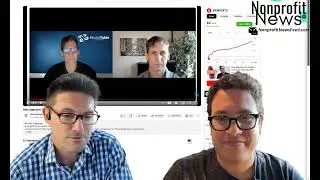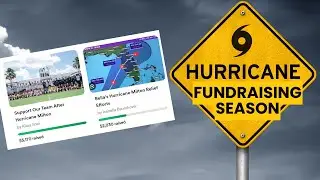Why Are People Harassing Catholic Charities Staff?
Rising Harassment Against Catholic Charities Staff Reflects Troubling Trend for Nonprofit Sector"
In a recent episode, we delved into a concerning trend reported by America Magazine, where staff members of Catholic Charities—a key player in the U.S. refugee and migrant resettlement network—are facing increasing harassment. These threats are stemming from accusations by political figures and certain media outlets that the organization is facilitating illegal immigration, despite its mission to assist migrants after Customs and Border Patrol processing.
Catholic Charities, a significant yet decentralized entity, has been experiencing direct threats against its staff, which are seemingly escalating as immigration becomes a more polarized and politicized issue. The organization remains committed to its humanitarian efforts and core values, ensuring dignity for those seeking aid in difficult times.
This trend of hostility towards nonprofits is not isolated to Catholic Charities. Similar threats and violence have been directed at organizations providing services such as abortion, highlighting a broader pattern of aggression towards social service providers. The discussion pointed out that even organizations traditionally seen as conservative, such as Catholic Charities, are not immune to such backlash.
With annual revenues of roughly $4.7 billion against expenses of $4.5 billion, Catholic Charities is the 13th largest U.S. charity. The work they do is deeply rooted in the principles of providing help to those in need—a fundamental aspect of their faith. However, the current political climate, particularly the heated rhetoric surrounding immigration, has led to an overflow of hostility towards nonprofits fulfilling their missions.
The episode emphasizes the need for awareness and support for nonprofits facing such challenges. It also calls for a conversation on how to protect those working on the front lines of service, who are now finding themselves targets of undue aggression.
As we watch this situation unfold, it's crucial to monitor the political sentiment against nonprofits serving vulnerable populations. The episode ends with a reflection on the importance of standing by these organizations and their staff, who dedicate their lives to helping others, often in the face of adversity.
****
Suggested Improvements:
To increase clarity, it may be helpful to provide specific examples of the harassment faced by Catholic Charities staff, if available. To enhance persuasiveness, incorporating a direct quote from a staff member or organizational leader could add a personal touch, emphasizing the human impact of this issue.



















